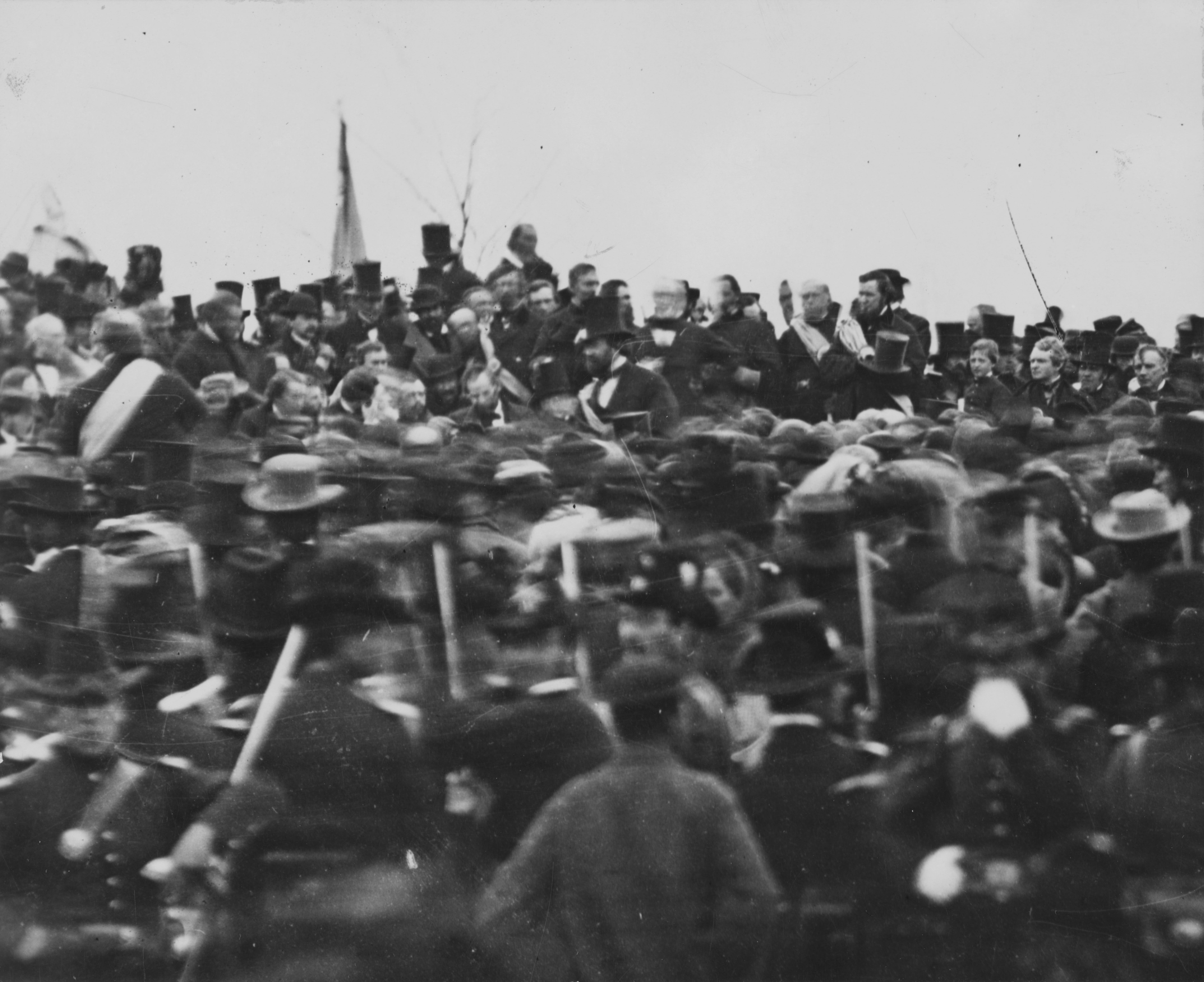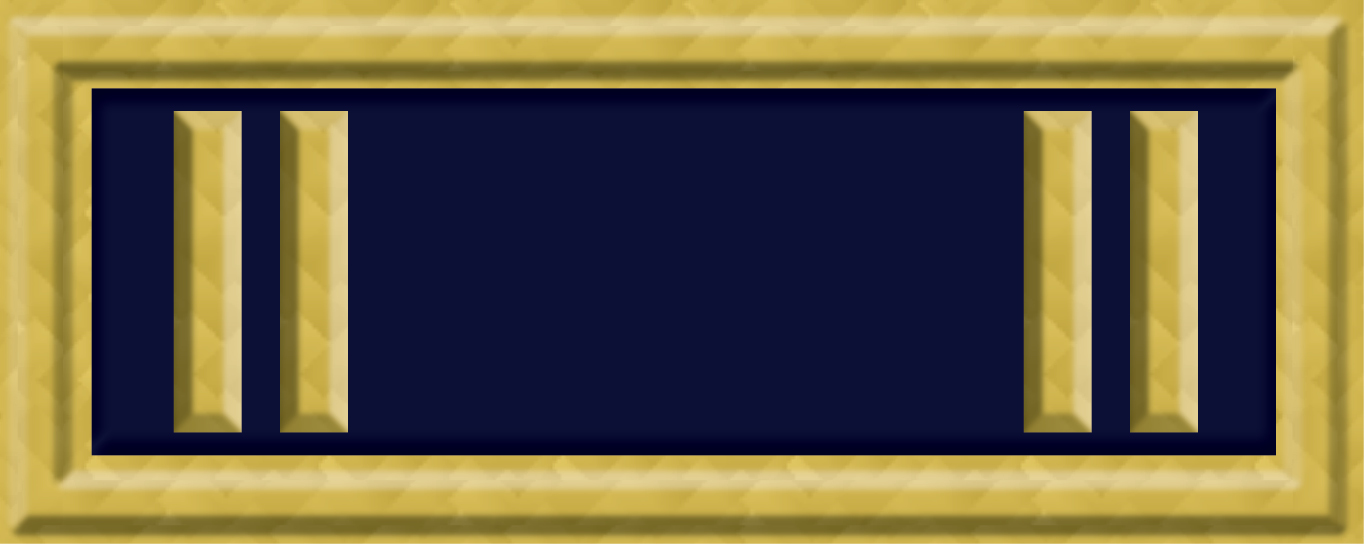|
Harry Gilmor
Harry Ward Gilmor (January 24, 1838 – March 4, 1883) served as the Baltimore City Police Commissioner, head of the Baltimore City Police Department in the 1870s, but he was most noted as a daring and dashing Confederate cavalry officer during the American Civil War. Gilmor's daring raids, such as The Magnolia Station Raid through north-central Maryland in July 1864 during the third major Confederate invasion of the North gained his partisans fame as "Gilmor's Raiders". Early life Gilmor was born at "Glen Ellen", the Jacobethan/English Tudor-styled "Castle" family estate, a 25 minute walk from present-day Providence Rd, (its ruins stand about 100 yards from the waters of the Loch Raven Reservoir), just north of Towsontown in central Baltimore County, Maryland. He was the son of Robert Gilmor and Ellen (Ward) Gilmor, daughter of Judge William H. Ward. Harry was the fifth of eleven children. Civil War During the American Civil War, as a member of the "Baltimore County H ... [...More Info...] [...Related Items...] OR: [Wikipedia] [Google] [Baidu] |
Baltimore City Police Commissioner
Since 1920, the Baltimore Police Department has been led by a single commissioner. Prior to this, it was led by a multi-member board of commissioners. Commissioners of the Baltimore Police Department Presidents of the Board of Police Commissioners Before 1920, the department was led by a multi-member Board of Police Commissioners. This board was led by a president. Police commissioners since 1920 Board of Commissioners membership (1850–1920) Timeline List of members by name The following is a list of all of those who served as members of the former board of commissioners. Periods as board president are also noted in itallics: *Daniel C. Ammidon (April 4, 1912–1920) –''president December 28, 1914–March 22, 1916'' *Alfred J. Carr (June 25, 1886–January 23, 1888) *James E. Carr (March 1867–March 15, 1871) *C. Baker Clotworthy (May 2, 1910–April 4, 1912) * George Colton (March 15, 1881–March 15, 1887) -''president March 15, 1881–March 15, 1887'' *John W. Davis ... [...More Info...] [...Related Items...] OR: [Wikipedia] [Google] [Baidu] |
Baltimore, Maryland
Baltimore ( , locally: or ) is the most populous city in the U.S. state of Maryland, fourth most populous city in the Mid-Atlantic, and the 30th most populous city in the United States with a population of 585,708 in 2020. Baltimore was designated an independent city by the Constitution of Maryland in 1851, and today is the most populous independent city in the United States. As of 2021, the population of the Baltimore metropolitan area was estimated to be 2,838,327, making it the 20th largest metropolitan area in the country. Baltimore is located about north northeast of Washington, D.C., making it a principal city in the Washington–Baltimore combined statistical area (CSA), the third-largest CSA in the nation, with a 2021 estimated population of 9,946,526. Prior to European colonization, the Baltimore region was used as hunting grounds by the Susquehannock Native Americans, who were primarily settled further northwest than where the city was later built. Colonis ... [...More Info...] [...Related Items...] OR: [Wikipedia] [Google] [Baidu] |
Confederate Army
The Confederate States Army, also called the Confederate Army or the Southern Army, was the military land force of the Confederate States of America (commonly referred to as the Confederacy) during the American Civil War (1861–1865), fighting against the United States forces to win the independence of the Southern states and uphold the institution of slavery. On February 28, 1861, the Provisional Confederate Congress established a provisional volunteer army and gave control over military operations and authority for mustering state forces and volunteers to the newly chosen Confederate president, Jefferson Davis. Davis was a graduate of the U.S. Military Academy, and colonel of a volunteer regiment during the Mexican–American War. He had also been a United States senator from Mississippi and U.S. Secretary of War under President Franklin Pierce. On March 1, 1861, on behalf of the Confederate government, Davis assumed control of the military situation at Charleston, South ... [...More Info...] [...Related Items...] OR: [Wikipedia] [Google] [Baidu] |
Gettysburg, Pennsylvania
Gettysburg (; non-locally ) is a borough and the county seat of Adams County in the U.S. state of Pennsylvania. The Battle of Gettysburg (1863) and President Abraham Lincoln's Gettysburg Address are named for this town. Gettysburg is home to the Gettysburg National Military Park, where the Battle of Gettysburg was largely fought; the Battle of Gettysburg had the most casualties of any Civil War battle but was also considered the turning point in the war, leading to the Union's ultimate victory. As of the 2020 census, the borough had a population of 7,106 people. History Early history In 1761, Irishman Samuel Gettys settled at the Shippensburg-Baltimore and Philadelphia-Pittsburgh crossroads, in what was then western York County, and established a tavern frequented by soldiers and traders. In 1786, the borough boundary was established, with the Dobbin House tavern (established in 1776) sitting in the southwest. As early as 1790, a movement seeking to split off the western ... [...More Info...] [...Related Items...] OR: [Wikipedia] [Google] [Baidu] |
Provost Marshal
Provost marshal is a title given to a person in charge of a group of Military Police (MP). The title originated with an older term for MPs, '' provosts'', from the Old French ''prévost'' (Modern French ''prévôt''). While a provost marshal is now usually a senior commissioned officer, they may be a person of any rank who commands any number of MPs; historically, the title was sometimes applied to civilian officials, especially under conditions of martial law, or when a military force had day-to-day responsibility for some or all aspects of civilian law enforcement (such as some British colonies). A provost marshal may also oversee security services, imprisonment, fire/emergency services and ambulances. British Armed Forces In the British Armed Forces, the provost marshal is the head of the military police of each service, with the senior military police officers at lower levels being titled deputy or assistant provost marshals. In many cases the provost marshal is in charge ... [...More Info...] [...Related Items...] OR: [Wikipedia] [Google] [Baidu] |
George H
George may refer to: People * George (given name) * George (surname) * George (singer), American-Canadian singer George Nozuka, known by the mononym George * George Washington, First President of the United States * George W. Bush, 43rd President of the United States * George H. W. Bush, 41st President of the United States * George V, King of Great Britain, Ireland, the British Dominions and Emperor of India from 1910-1936 * George VI, King of Great Britain, Ireland, the British Dominions and Emperor of India from 1936-1952 * Prince George of Wales * George Papagheorghe also known as Jorge / GEØRGE * George, stage name of Giorgio Moroder * George Harrison, an English musician and singer-songwriter Places South Africa * George, Western Cape ** George Airport United States * George, Iowa * George, Missouri * George, Washington * George County, Mississippi * George Air Force Base, a former U.S. Air Force base located in California Characters * George (Peppa Pig), a 2-year-old ... [...More Info...] [...Related Items...] OR: [Wikipedia] [Google] [Baidu] |
Brigadier General (CSA)
The general officers of the Confederate States Army (CSA) were the senior military leaders of the Confederacy during the American Civil War of 1861–1865. They were often former officers from the United States Army (the regular army) prior to the Civil War, while others were given the rank based on merit or when necessity demanded. Most Confederate generals needed confirmation from the Confederate Congress, much like prospective generals in the modern U.S. armed forces. Like all of the Confederacy's military forces, these generals answered to their civilian leadership, in particular Jefferson Davis, the South's president and therefore commander-in-chief of the Army, Navy, and the Marines of the Confederate States. History Much of the design of the Confederate States Army was based on the structure and customs of the U.S. Army when the Confederate Congress established their War Department on February 21, 1861.Eicher, p. 23. The Confederate Army was composed of three parts; th ... [...More Info...] [...Related Items...] OR: [Wikipedia] [Google] [Baidu] |
2nd Maryland Cavalry, CSA
The 2nd Maryland Cavalry Battalion, ''a.k.a.'' Gilmor's Partisan Rangers, was a Confederate unit in the American Civil War The American Civil War (April 12, 1861 – May 26, 1865; also known by other names) was a civil war in the United States. It was fought between the Union ("the North") and the Confederacy ("the South"), the latter formed by states .... History The unit was founded and commanded by Colonel Harry Gilmor. Gilmor was a member of the Towson Guards (a.k.a. Baltimore Horse Guards), when the Civil War started. Due to his political views, he was taken prisoner by the U.S. Federal government and imprisoned at Fort McHenry. After he was released, he went to the Shenandoah Valley to join the Confederate Army. He served as a scout for Colonel Turner Ashby, General J. E. B. Stuart's predecessor. Gilmor joined as a Private (rank), Private, but was quickly promoted to Sergeant Major. In March, 1862, he had raised his own company, which was attached to ... [...More Info...] [...Related Items...] OR: [Wikipedia] [Google] [Baidu] |
1st Maryland Cavalry, CSA
First or 1st is the ordinal form of the number one (#1). First or 1st may also refer to: *World record, specifically the first instance of a particular achievement Arts and media Music * 1$T, American rapper, singer-songwriter, DJ, and record producer Albums * ''1st'' (album), a 1983 album by Streets * ''1st'' (Rasmus EP), a 1995 EP by The Rasmus, frequently identified as a single * '' 1ST'', a 2021 album by SixTones * ''First'' (Baroness EP), an EP by Baroness * ''First'' (Ferlyn G EP), an EP by Ferlyn G * ''First'' (David Gates album), an album by David Gates * ''First'' (O'Bryan album), an album by O'Bryan * ''First'' (Raymond Lam album), an album by Raymond Lam * ''First'', an album by Denise Ho Songs * "First" (Cold War Kids song), a song by Cold War Kids * "First" (Lindsay Lohan song), a song by Lindsay Lohan * "First", a song by Everglow from ''Last Melody'' * "First", a song by Lauren Daigle * "First", a song by Niki & Gabi * "First", a song by Jonas Brot ... [...More Info...] [...Related Items...] OR: [Wikipedia] [Google] [Baidu] |
Turner Ashby
Turner Ashby Jr. (October 23, 1828 – June 6, 1862) was an American officer. He was a Confederate cavalry commander in the American Civil War. In his youth, he organized an informal cavalry company known as the Mountain Rangers, which became part of the 7th Virginia Cavalry ("Ashby's Cavalry"). On the outbreak of the Civil War, Ashby and his troopers were assigned to the Virginia Militia command of Colonel Thomas J. "Stonewall" Jackson. Although Jackson's Valley campaign owed much to Ashby's reconnaissance and screening, Ashby was criticized by Jackson for the lax training and discipline of his men. By the time Ashby was killed, leading his men at the Battle of Good's Farm near Harrisonburg, he had received his general’s star. However, Ashby's official rank is contested as the promotion was not confirmed until after his death. Early years Turner Ashby Jr. was born at Rose Bank Plantation near Markham in Fauquier County, Virginia, to Turner Ashby Sr. and Dorothea Green As ... [...More Info...] [...Related Items...] OR: [Wikipedia] [Google] [Baidu] |



